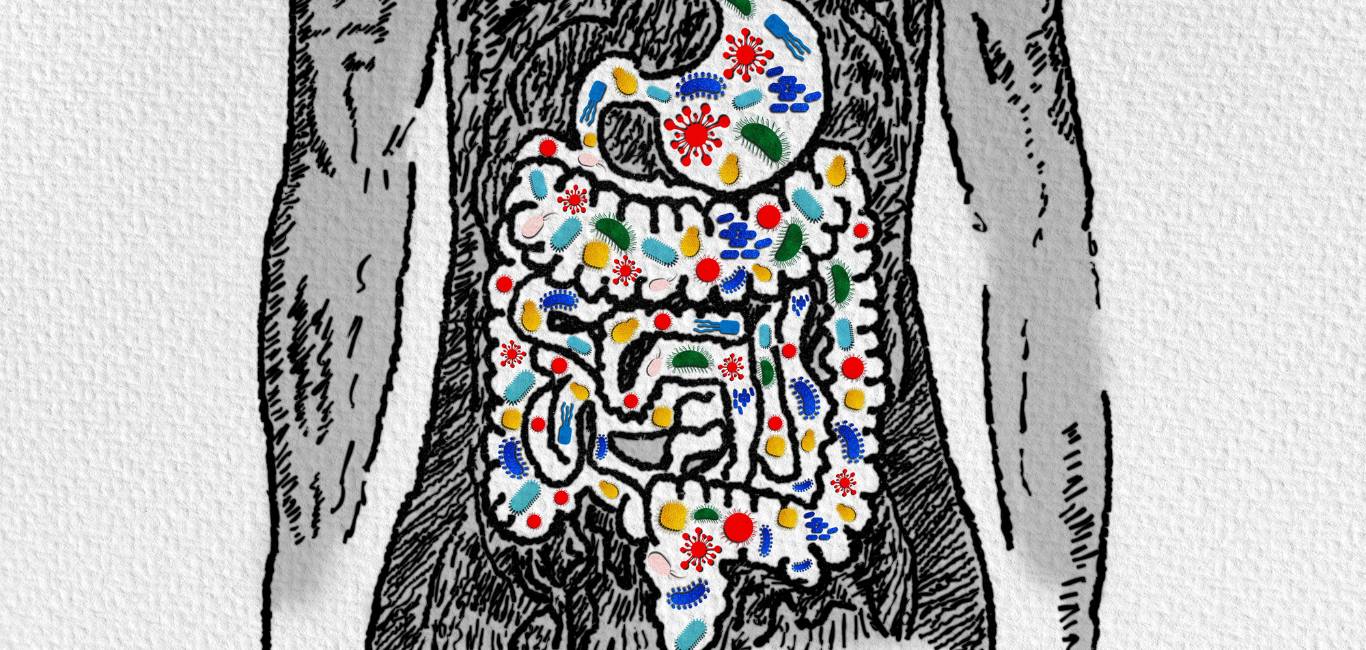
We know a lot about cancer, and yet, there is plenty we do not yet know. We do know that some cancers are genetic in nature and a series of changes in key genes can lead to identifiable malignancies down the line. We would certainly want to know what causes cancer in the first place.
Scientists have been trying to replicate the path a cell takes from being normal to becoming pre-cancerous (one of the earliest stages of cancer in which cells become abnormally shaped and sized) for quite some time now. It is a feat that requires human-derived cells to model how cancer comes to be.
Recently, researchers at The Stanford School of Medicine have been able to emulate some of the earliest stages of gastric cancer by starting with gastric organoids (a rudimentary version of the real stomach made from stem-cell-derived gastric cells) that have a single mutation. The study which was published in Nature outlines how the earliest changes in cells could be seen even before the precancerous stage.
“Ideally, we would find ways to intercept this progression before the cells become truly cancerous,” Christina Curtis, professor of medicine, genetics and biomedical data science at The Stanford School of Medicine, said in a statement.
She said it becomes important to ask pertinent questions such as whether it is possible to identify a constellation of genetic alterations that show a cell could progress to become cancerous. And if so, are there ways to intervene? “The striking reproducibility in the genetic changes we observed from multiple donors suggests it’s possible,” Curtis observed.
Unravelling the genesis of abnormal cells
How does cancer begin? Is its evolutionary path repeatable? And why are some cells just destined to be bad from the get-go? These are some of the questions that scientists have grappled with for years when trying to understand a cell’s ability to metastasize long before it is detected in the body.
To answer some of these important questions, scientists used a three-dimensional clump of cells derived from human stomach cells known as gastric organoids. The cells were obtained from people who were undergoing gastric bypass surgery to treat obesity.
Once they had the cells, they were able to push them into becoming cancerous by halting the production of an important protein called p53. The p53 protein is a tumour suppressor that keeps a check on abnormally dividing cells. When this protein does not function as it should, it could potentially lead to cancerous growth.
“Our studies of established tumours showed us that early genomic alterations seem to dictate what happens later, and that many of these changes seem to happen before tumour formation,” Curtis said in the statement.
To figure just how the genes change with rapid uncontrolled divisions, the researchers waited and catalogued all the genetic changes once the mutation was made. When the mutation was repeated over many iterations, the researchers observed some common reproducible themes.
Validating known pathways
“There are reproducible patterns,” Curtis said. “Certain regions of the genome are consistently lost very early after the initial inactivation of p53, and these changes were something that were inherently seen in the tumour evolution.”
“At the same time, these cells and organoids appear mostly normal under the microscope. They have not yet progressed to a cancer,” she pointed out. The early changes were reflected in the biological pathways that control when and how often a cell divides, which validated some of what we already know of the origins of cancer. One of the most notable findings includes genetic mutations that have been observed in gastric cancer and in Barrett’s esophagus, a pre-cancerous condition arising from cells that line the colon and stomach.
Curtis explained that these changes occur in a stereotyped manner that suggest constraints in the system. “There’s a degree of predictability at the genomic level and even more so at the transcriptomic level — in the biological pathways that are affected — that gives insights into how these cancers arise,” she said.
What the future holds
Curtis and her colleagues hope to repeat this study using other cell types and recreating events other than a p53 mutation.
“We’re trying to understand exactly what malignant transformation is,” Curtis said. “What does it mean to catch these cells in the act, about to topple over the edge? We’d like to repeat this study with other tissue types and initiating mutations so we can understand the early genetic events that occur in different organs.”















